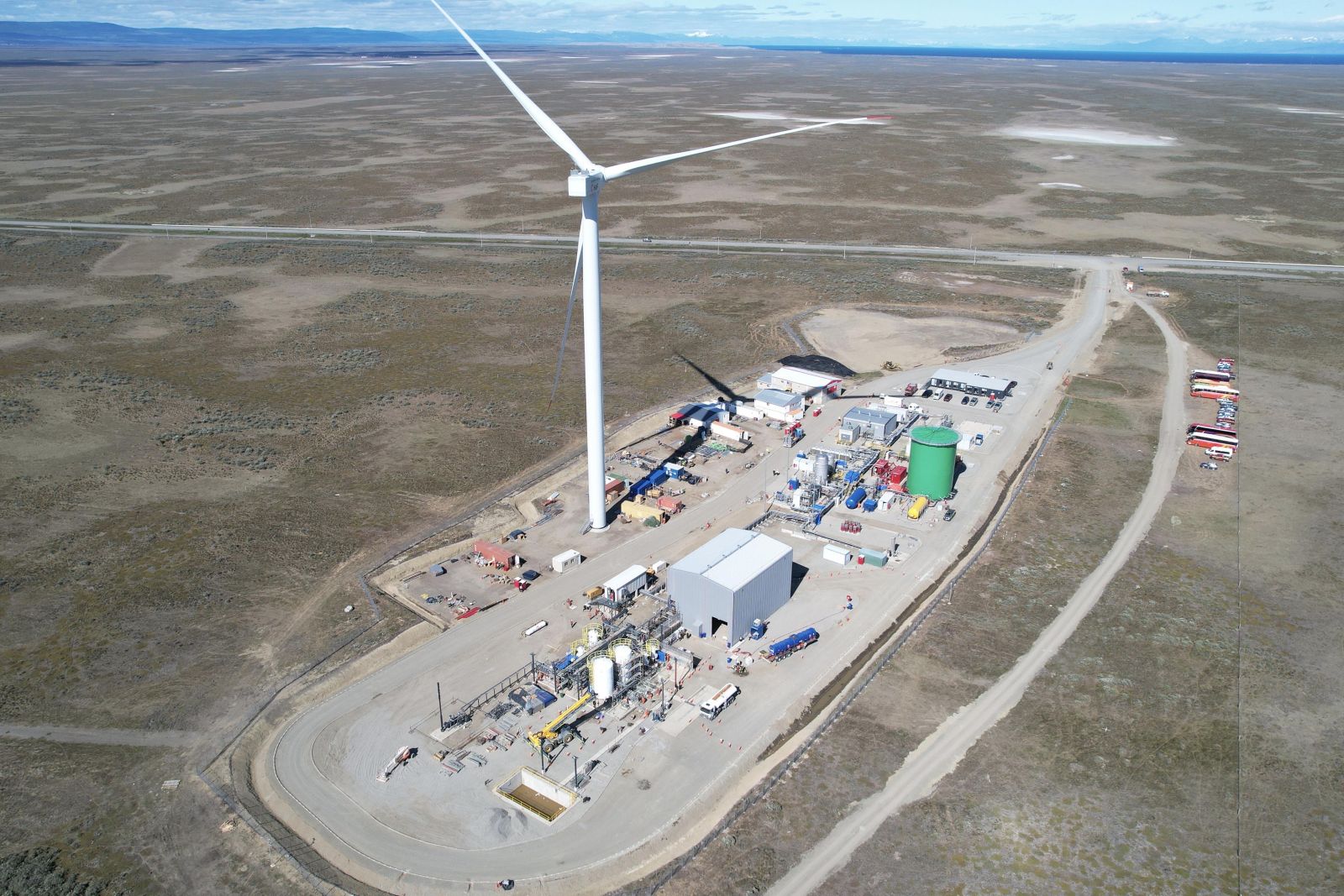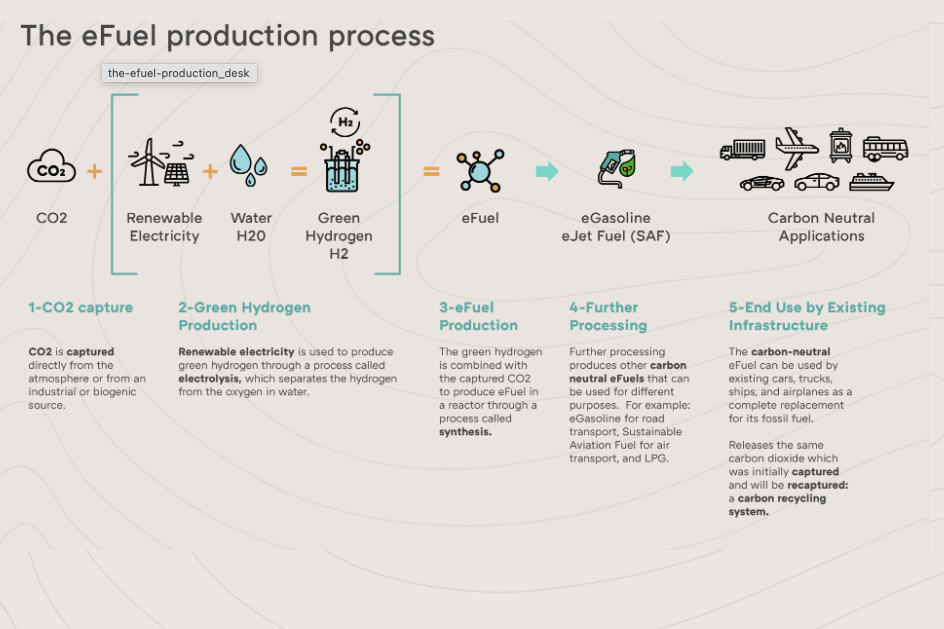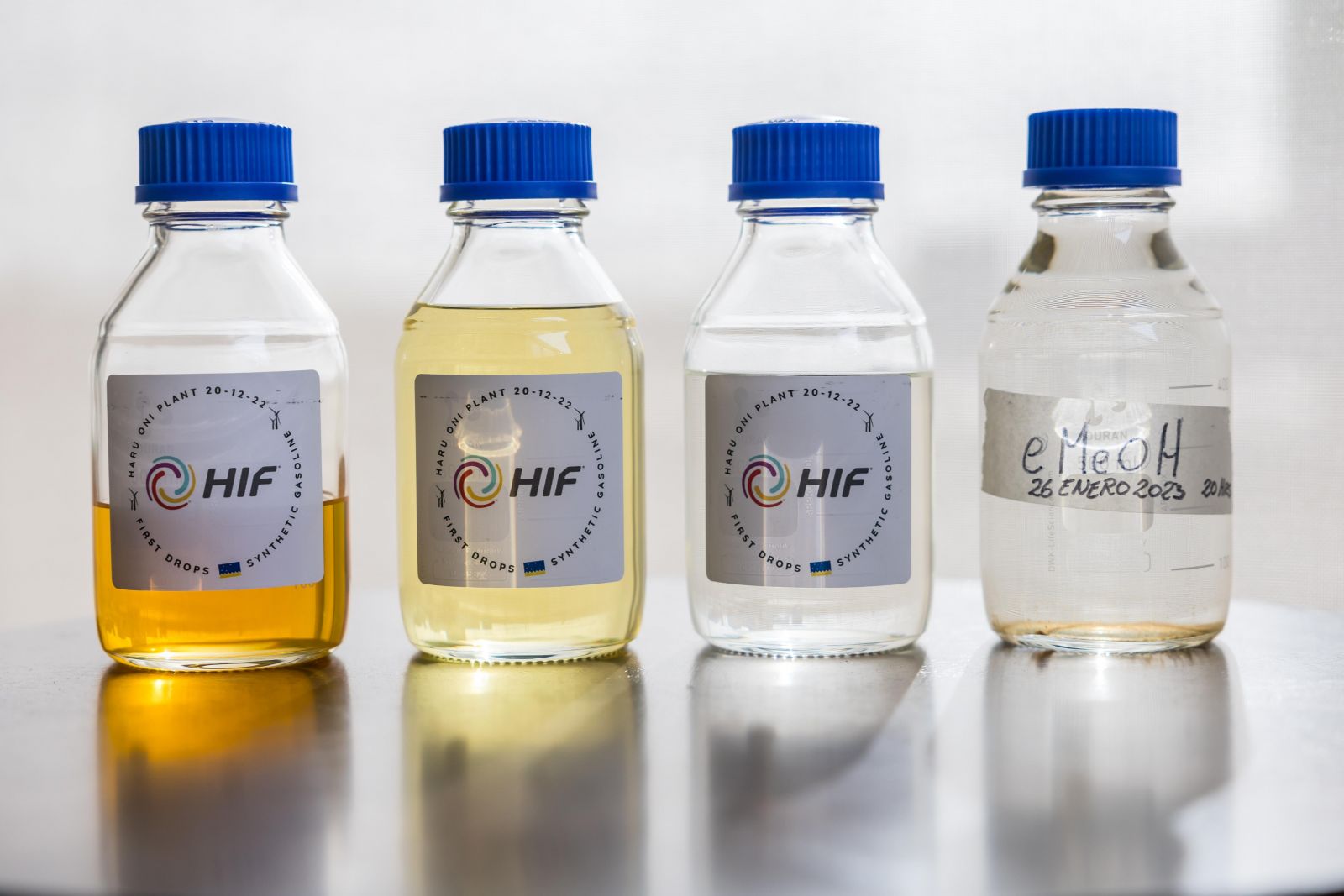eFuels' role as saviour of petrol cars is in doubt... again
Length: • 2 mins
Annotated by Marc Chasserot
Marc Chasserot: The European Union (EU) is drafting a legal proposal that will demand cars running on synthetic or eFuels be 100% carbon neutral, which may effectively ban internal-combustion from 2035. The eFuel Alliance industry group reportedly said this initiative would be nearly impossible to achieve because eFuels would not be classified as 100% carbon neutral due to the challenges associated with the carbon capture process. Porsche is working on making sustainable eFuels, but has run into trouble with the carbon capture part of the process. BMW reportedly said climate-neutral fuels can play an important role in decarbonizing transport.
The initiative for transitioning petrol-powered cars to synthetic fuels in Europe has just hit another roadblock.
Reuters reports a document drafted by the European Union (EU) states it’s set to demand cars running on synthetic or eFuels be 100 per cent carbon neutral.
EU members agreed on a climate policy earlier this year mandating all new cars sold in Europe from 2035 must be zero local emissions.
That’s despite Germany reportedly demanding cars petrol cars running on eFuels be exempted from the new laws.
In response, Reuters reports the EU has drafted a legal proposal requiring new internal-combustion cars to only run using fully CO2 neutral fuels – which industry experts say is nearly impossible.
For a fuel to be considered fully CO2 neutral, the fuel must be made using CO2 captured from the atmosphere.
The eFuel Alliance industry group reportedly said this initiative would effectively ban internal-combustion from 2035, as it’s unlikely eFuels will be classified as 100 per cent carbon neutral due to the challenges associated with the carbon capture process.
“A 100 per cent reduction in emissions is therefore nearly impossible,” Ralf Diemer, the group’s managing director, reportedly said in a statement on Friday.
Porsche is working on making sustainable eFuels – but has run into trouble with the carbon capture part of the process, recently losing a partner on its bold eFuel project.
The draft rules around the future use of eFuels are reportedly more stringent than existing regulations in other EU climate policies. It’s reported EU countries can currently use certain fuels to satisfy renewable energy targets if they achieve a 70 per cent reduction in emissions instead of 100 per cent.
The new draft rules aimed at eFuels also provide a legal base for carmakers to register a new class of vehicle. This new class is defined by the vehicle running exclusively on carbon neutral fuels.
These vehicles would be required to feature technology that can discern the chemical makeup of a fuel, and prevent the engine from starting if it’s filled with anything but eFuel.
The document reportedly also says new rules would need to be developed to ensure the fuel monitoring devices could not be tampered with.
However there remains significant scope for eFuels to be beneficial with BMW reportedly telling Reuters that “when it comes to reducing CO2 emissions of the existing fleet – which already comprises around 250 million vehicles in Europe today – climate-neutral fuels can play an important role in decarbonising transport,”.
Reuters reports that neither the European Commission nor Germany’s transport ministry responded immediately to a request for comment on this matter.


